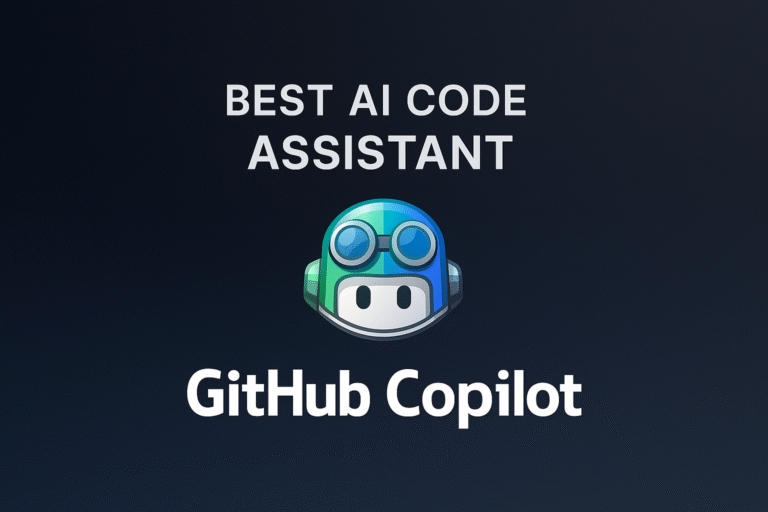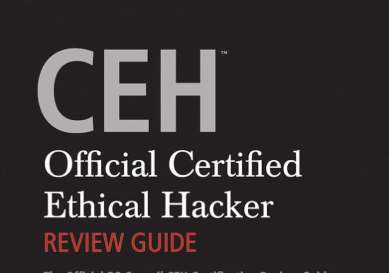How to Pick the Best Online IT Degree for Your G0als
Discover how to choose the best online IT degree for your career goals. Compare programs, specializations, and formats to find your perfect tech path
Introduction
In a world where technology shapes almost every aspect of our lives, a degree in Information Technology (IT) has become more than just an academic credential—it’s a launchpad for innovation, leadership, and high-paying careers. But with the explosion of online learning, choosing the right online IT degree can feel overwhelming. With so many universities, specializations, and learning formats, how do you know which one aligns with your career goals?
This guide will break it down for you—whether you’re a fresh high school graduate, a career switcher, or an IT professional looking to level up. We’ll help you make a smart, strategic, and informed decision.
🔍 Why Choose an Online IT Degree?
Before diving into the “how,” let’s briefly explore the “why.” Online IT degrees offer flexibility, affordability, and access to top programs from anywhere in the world. Here’s why they make sense:
- Study on your schedule: Ideal for working professionals or parents balancing multiple responsibilities.
- Global access: Attend top-tier schools without relocating.
- Cost-effective: Often cheaper than traditional on-campus programs.
- Career-oriented: Many offer fast-tracks, certificates, or hands-on projects aligned with real-world needs.
💡 Pro Tip: The best online IT degrees mirror the rigor and respect of on-campus programs. Accreditation is key—more on that shortly.
🎯 Step 1: Define Your Career Goals
Before picking a program, be crystal clear on what you want to achieve. IT is a vast field with roles ranging from coding and cybersecurity to cloud computing and project management.
Here are a few guiding questions:
- Do you want to code, manage systems, or lead projects?
- Are you targeting roles like Data Analyst, Network Administrator, Cybersecurity Expert, or Software Engineer?
- Are you looking for quick job entry, or a deep academic foundation?
Example Paths:
| Goal | Recommended Degree | Sample Courses |
|---|---|---|
| Enter software development | B.S. in Computer Science or IT | Java, Algorithms, Databases |
| Move into cybersecurity | B.S./M.S. in Cybersecurity | Ethical Hacking, InfoSec, Cryptography |
| Become a cloud architect | B.S. in Cloud Computing or IT + Certs | AWS, Azure, Virtualization |
| IT leadership/management | M.S. in IT Management | IT Strategy, Project Mgmt, Leadership |
Once your goal is defined, finding the right path becomes infinitely easier.
🧾 Step 2: Choose the Right Online IT Degree Type
Let’s decode your options:

🎓 Associate Degree (2 years)
- Good for entry-level roles like help desk, IT support.
- Fast and affordable.
- Great for those unsure about long-term commitment.
🎓 Bachelor’s Degree (3–4 years)
- The gold standard for most IT roles.
- Balanced foundation across coding, systems, databases, and networks.
- Can specialize in areas like software engineering, cybersecurity, or AI.
🎓 Master’s Degree (1–2 years)

- For mid-career professionals.
- Specialized knowledge and higher earning potential.
- Examples: MSIT, MSc in Cybersecurity, MBA in IT.
💡 Not sure about full degrees? Many universities offer microdegrees, certifications, and nano-courses that stack into full programs later.
🏫 Step 3: Look for Accreditation and Recognition
You wouldn’t eat at a restaurant with expired licenses—why enroll in a college without accreditation?
Regional or national accreditation ensures:
- The program meets academic standards.
- Credits are transferable.
- Employers recognize your degree.
Check for:
- ABET accreditation (especially for CS/engineering-focused programs).
- Institutional accreditation in your country or region.
- Industry recognition and alumni outcomes.
Also, don’t forget to browse:
- University rankings
- LinkedIn alumni employment data
- Student reviews on forums like Reddit or Quora
🧠 Step 4: Evaluate the Curriculum & Specializations
A degree is only as good as what it teaches you. Look at the curriculum structure, specializations, and project work.
Key subjects to expect in a robust online IT degree or program:
- Programming Languages (Python, Java, C++)
- Networking & Systems
- Databases (SQL, MongoDB)
- Cybersecurity Fundamentals
- Cloud Computing (AWS, Azure)
- Data Structures & Algorithms
- IT Project Management
- Software Engineering
Also consider specializations like:

- Cybersecurity
- Cloud Computing
- AI & Machine Learning
- Health Informatics
- Blockchain
- Game Development
🎯 The more customizable the program, the better it is for targeting your dream job.
💻 Step 5: Check for Hands-On Experience
In IT, what you can do often matters more than what you know.
Choose programs that offer:
- Capstone projects
- Internships or co-ops
- Labs and simulations
- GitHub portfolio building
- Certifications included (e.g., CompTIA, AWS, Cisco)
This kind of experience makes you job-ready the day you graduate.
🕒 Step 6: Flexibility and Time Commitment
Some programs are self-paced. Others have fixed schedules and deadlines.
Ask yourself:
- Do I want to learn at my own speed?
- Can I dedicate 10–20 hours per week?
- Is there asynchronous learning, or must I attend live sessions?
Popular formats:
| Format | Ideal For |
|---|---|
| Fully Asynchronous | Working professionals |
| Live + recorded classes | Students who want interaction |
| Part-time programs | Career changers, busy adults |
| Accelerated programs | Fast learners with time to commit |
Also, look for support services like tutoring, career guidance, and online forums.
💰 Step 7: Consider Cost and ROI
A great degree doesn’t have to break the bank.
Ask these key questions:
- What is the total tuition cost?
- Are there scholarships, loans, or grants?
- What’s the average salary of graduates?
- Will this degree help me land a better job or promotion?
Average Salary Ranges (2025 Estimates):
| Role | Average Salary (USD) |
|---|---|
| IT Support Specialist | $55,000 |
| Software Engineer | $100,000+ |
| Cybersecurity Analyst | $95,000+ |
| Cloud Engineer | $110,000+ |
| IT Manager | $120,000–140,000 |
💡 Balance cost with quality, job outcomes, and your personal circumstances.
🌐 Top Online IT degree or Programs (as of 2025)
Here are some online programs known for quality and flexibility:
- Western Governors University (WGU) – Self-paced, affordable, includes certifications.
- University of Illinois (iMSIT, Coursera) – Great for M.S. in IT.
- Southern New Hampshire University (SNHU) – Popular B.S. IT degree with strong support.
- Georgia Tech (OMSCS) – Affordable, rigorous Master’s in Computer Science.
- Purdue University Global – Flexible, practical IT degree.
📌 Always compare your top 3 options side-by-side before applying.
✅ Final Checklist: Your Perfect online IT Degree Should…
✔ Match your career goals
✔ Offer the right level (Associate, Bachelor’s, Master’s)
✔ Be from an accredited and respected institution
✔ Include hands-on projects and certifications
✔ Be affordable with good ROI
✔ Allow you to study flexibly
✨ In Conclusion
The world needs skilled Online IT Degree professionals now more than ever. Whether you dream of becoming a cybersecurity guardian, a cloud architect, or the next app developer genius, the right online IT degree can help you get there—on your terms, at your pace, and without leaving your couch.
Take your time, do your research, and pick a program that aligns with your vision for the future. Remember: your career isn’t just built on credentials—it’s built on choosing the right tools to unlock your full potential.







bp8o6y